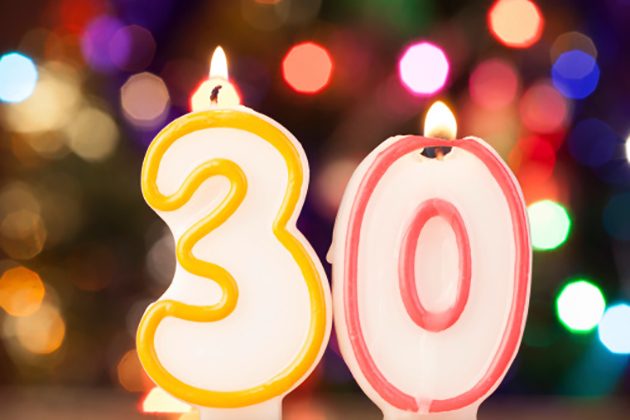January 18, 2018
Why Dating is Different After 30

Data suggests that women in their 30s are more likely to be looking for a committed relationship than a short-term hookup. There are, of course, exceptions — some women (including those who have already been through a divorce) continue to seek casual sex which makes sense since women in their 30s and 40s had more sexual fantasies and more frequent orgasms than those in their 20s.
Though marriage is on the decline, dating in your 30s is more likely to lead to some form of commitment than it might have in your 20s.
How are dating apps different when you’re over 30?
The women I work with use different apps according to their age — those in their 20s are more likely to use Bumble and Tinder, while those in their 30s use Match.com and novel apps like Happn, Tastebuds & Coffee Meets Bagel.
How is the timeline different, if at all?
In your 30s, you’re likely to find that your career requires a considerable amount of time and effort. As your income rises, so too do your responsibilities, which means that you’re less inclined to waste time on small talk and dating for sport. Some women (and men) in their 20s say they’ll meet with almost anyone once to see if there is a connection, but many people in their 30s simply do not have time to schedule several dates per week — especially those with busy careers and/or kids. This is why apps like Happn (which let you see people you cross paths with — at your morning espresso bar, for example) and Zepeel (you can learn a lot and assess attraction from the sound of someone’s voice) are appealing, as they help to conserve your greatest commodity — time.
Your thirties also marks the potential for a creative peak, major moves (perhaps across the country) and a new level of happiness – some research suggests that real happiness sets in at age 33. Accordingly, you’re primed to find enhanced fulfillment — on your own or with a new partner should you choose to commit to a relationship. You may find that you start dating different “types” — not only because you’ve learned from your mistakes, but because major life changes can facilitate a more open mind when it comes to love and dating.
Several of the women I’m currently working with report that they’ve set specific timelines for potential relationships. They expect to discuss living together after nine months of dating and want to get engaged within 18 months. I often caution against these time-based goals, but ultimately, they’re the experts in their own relationships.










